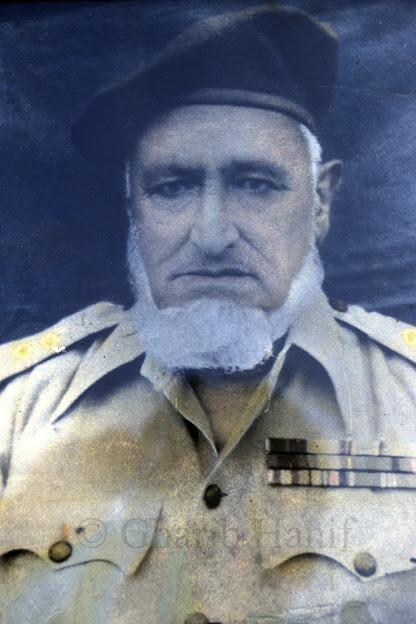Hast-o-Bood Part-15
Chapter Three
The meaning of the word Rajput and the initial conditions of the Mangral nation [tribe]
The small chiefs and rulers of the various provinces and states of ancient India were called Rajas in their respective constituencies, and those in power held the title of Maharaja. Since these kings called themselves the grandsons of their predecessors, the word Rajput [meaning the grandson or son of the king] was formed. By the way, the literal source of the word Rajput is Manuji's intellectually proposed word "Kashtari" which was used for the brave and warrior sect in ancient India. And who became "Khatri" from day to day. In fact, this Khatri nation belongs to the "Rajput nation".
Confirming this fact, Mr. HA Rose Sahib, in his book Glossary of Tribes Punjab and NWFP, Volume III, Page No. 272, has made it clear that Rajput and Khatri are two names of the same nation. According to Hindu scholars, Sri Ram Chandra Jain was from Bansi branch while Koro and Pandu Chandra are from Bansi branch. Each of the two branches came into being from one of Brahmaji's grandsons "Beswan" who was also named Suraj and another grandson Chandraman who is also called Som. [Contents History of Nations Poonch Part I by Muhammaduddin Fawq Page No. 174]
There are more or less 3684 major branches of the Rajput nation while there are about 6000 branches of these branches. In the state of Jammu and Kashmir too, along with the revolution in the early original castes and tribes, those who held various titles, positions and special affairs in the ruling class declared their titles as their caste and tribe. And so, generation after generation, the profession or practice of the elders became the nationality and clan of the coming generations. Pandits who knew the Vedas of Kashmiri Language were called Pandits while Muslim scholars were called Khawaja, Sheikh, Mullah, Syed, Pir, Qazi etc. Apart from these, personal characteristics were also adapted to the Goths and different Goths were born in different sections of the population. For example, Miskin [Gharib], Rishi [Abid], Darwish [Faqir], Pehlwan [Athlete], Bada [Old], Bazari, Vichari [Thinker], Supro [Reader], Mashran [Strong and Heavy-bodied], Raghu [curved], Shala [blonde man], Longo [lame], Simji [sensible], Khatnoor [left-handed worker], Kanha [ear-cut], Dudh [burnt rib] , Ningro [poor], Naucho [wrestler], Thanthar [bazaz], crawl [potter], NATO [potter], potty guru [jewelry maker], Bakhshi [departmental officer], futa Dar [Finance Officer], Kharabo [Mint Officer], Nazer [Superintendent of Anchor], Mushki [Saqqa], Vaz [Kitchen], Nehru [Canal Mir Munshi ie Panjsal Writer] Doer], khand dao [wool cultivator], dagro [spinner wool spinner], khar [blacksmith], sifter [carpenter], money changer [silk extractor], shosha [liver seller], wangan [eggplant] Compiler], lawyer. Those who came from outside or those who came from within the country and towns were also called by a certain tribe with the exception of the village or place.
To be continue ...
Note: The contents of this book are taken from the history of Poonch by Muhammad-ud-Din Fauq. And it is not necessary for a blogger to agree with the author ...




Comments
Post a Comment